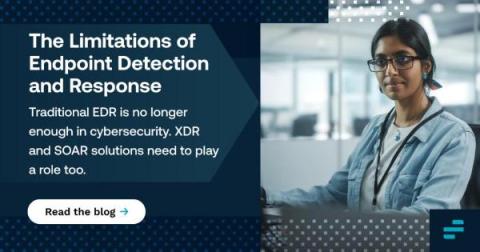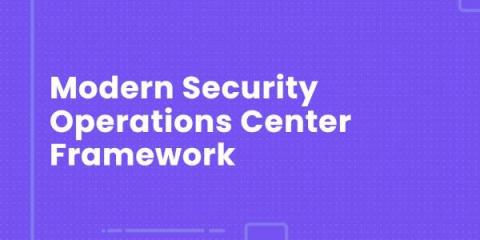Best Practices for SOC Tooling Acquisition
Your Security Operations Center (SOC) faces complex challenges for keeping corporate data safe and in the right hands everyday. The right tooling is critical for success. Deciding when—and how—to make investments in SOC tooling is complex and challenging across organizations. There’s a ton of vendor spin out there and it’s important to understand what’s real and what isn’t.











